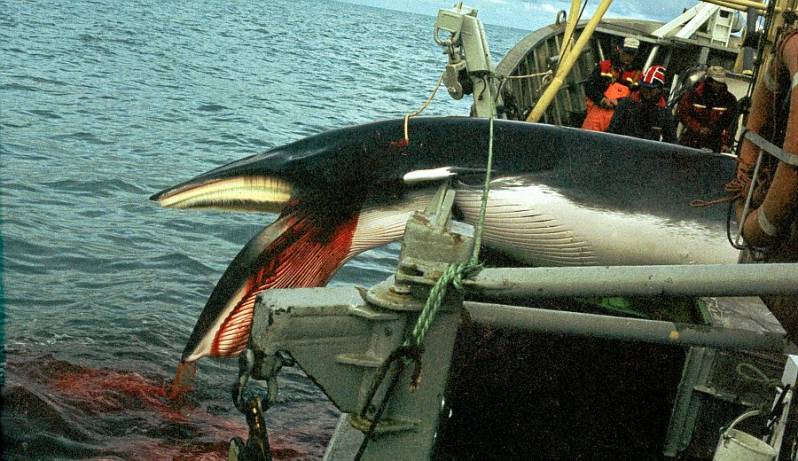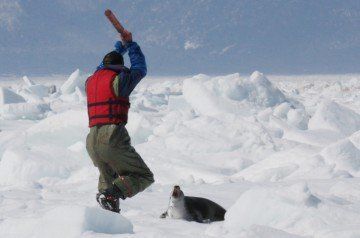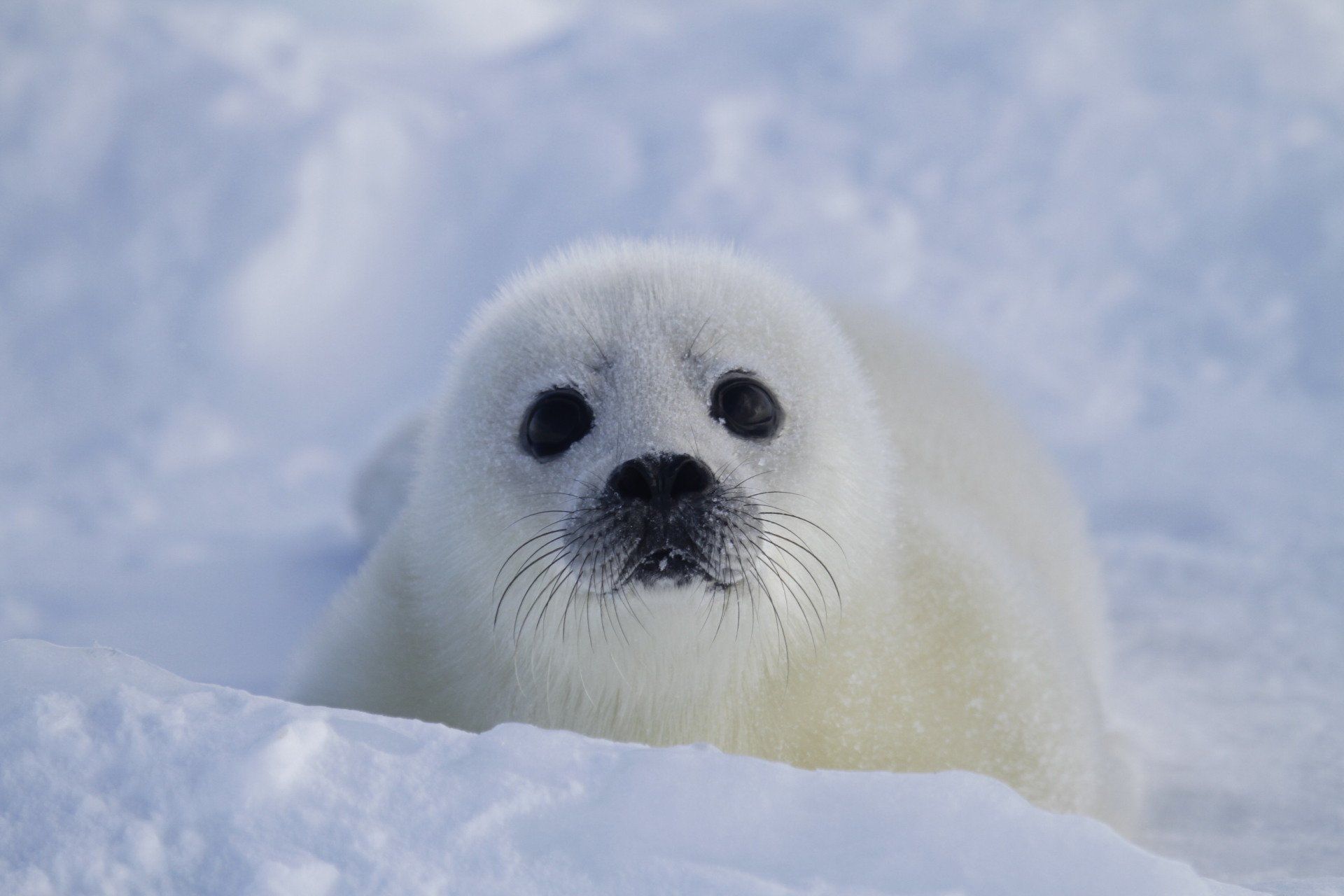Norway, Japan and Canada Deem Hunting Marine Mammals Essential during the COVID-19 Global Pandemic.
Ocean Research & Conservation Ireland, along with other NGO's around the world, such as the Humane Society International (HSI) and Norwegian organisation NOAH condemn Norway, Japan and Canada for continuing their hunts of marine mammals while their populations are under lockdown measures due to the COVID-19 global pandemic.
Despite global outcry from animal rights groups and NGO's around the world, these countries deem their hunting activities "essential" during a time of global pandemic. Norway are to kill nearly 1,300 minke whales this commercial hunting season which began on April 1st 2020. Read more here.
We are nearly at 5,000 signatures, please help to spread the word. SIGN THE PETITION TO STOP NORWAY HUNTING HERE.
In addition, Norway will also hunt and kill more than 18.000 seals, as no animal welfare inspectors will be allowed aboard the commercial hunting vessels due to the coronavirus outbreak and lockdown measures which have been implemented in countries worldwide. Animal welfare inspectors are generally aboard these vessels to help reduce the risk of spread of zoonotic infections. However, this year no such protective measures by animal welfare inspectors will be in place during these hunts to protect crew members from contracting and spreading infectious diseases.
Meanwhile, Japan has set a self quota to kill nearly 200 whales, once again moving against the International Whaling Commissions 1986 ban on commercial whale hunting. Both Japan and Norway used to hunt whales under the pre-tense of "scientific whaling", however have recently moved to full out right and more honest commercial hunts.
Canada's annual commercial seal hunt is also set to go ahead, and has been described by HSI as one of the " largest slaughters of marine mammals on the planet
", where hundreds of thousands of seals are brutally killed using clubs and guns. Vulnerable species, already at risk from climate change such as Harp seals will be slaughtered for their beautiful fur and the worst part is, the majority of the seals killed are pups below the age of three months old.
Canadian clubbing of seals. Source: Human Society International.
Mark Simmonds, HSI's senior marine scientist has said " These ongoing and cruel persecutions of marine mammals are increasingly out of step with modern scientific thinking, which shows that healthy marine mammal populations contribute to healthy marine ecosystems and the overall health of our planet. We need to look again carefully at our relationships with these animals and appreciate their roles and not see them simply as commodities to be harvested ."
© Ocean Research & Conservation Ireland (ORCireland) and www.orcireland.ie , est. 2017. If you like our blogs on the latest news in marine science and would like to support our work, visit www.orcireland.ie to become a member, to volunteer or to make a donation today. This article has been edited and re-written based on credible sources.
SHARE THIS ARTICLE
















